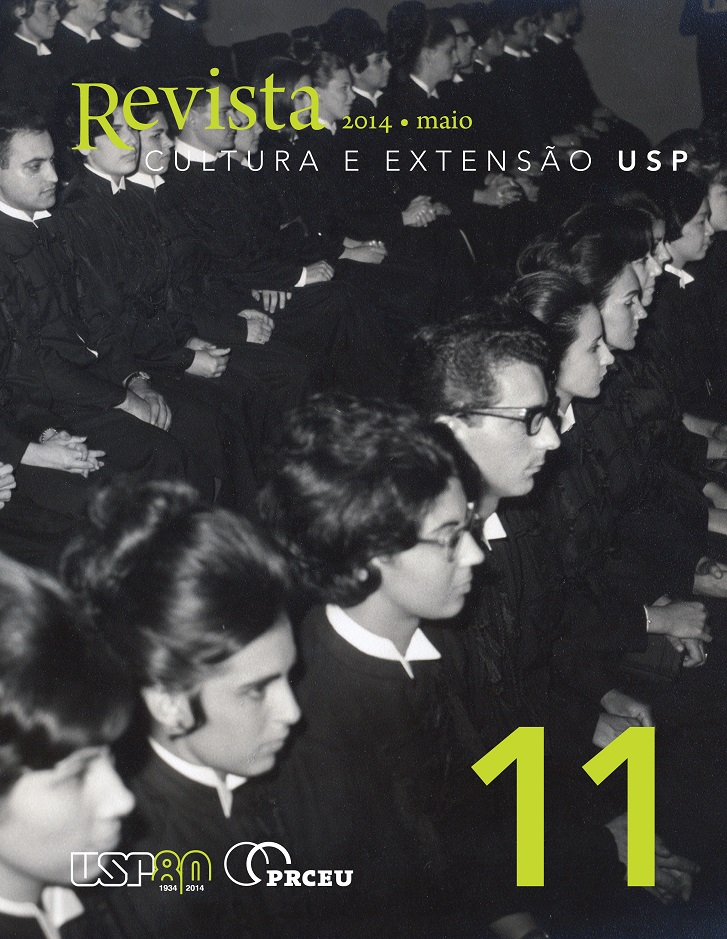Solidary Animals: The Zootherapy as University Extension to Institutionalized Elders
DOI:
https://doi.org/10.11606/issn.2316-9060.v11i0p113-121Keywords:
Husbandry, Institutionalized Elders, Interactions, Animal Well-beingAbstract
This study aimed to introduce different animals into Vicente de Paulo Asylum quotidian, in Pirassununga city, State of São Paulo, through the lonely animals’ project of veterinary medicine and husbandry faculty of São Paulo State University, researching identify the best way to improve socialization, cognition and well-being of elders. The aging of the population represent a great challenge to relatives, health managers and institutions that harbor the elders. Associated to aging process, the decline of physics and cognate ability associated to institutionalization takes the elder to an independent and autonomy loss and sometimes deep sadness. A description, exploratory and transversal, hugging elder of seventy six years-old average of both sex. It was used the Qui-square test (x²) to statistics analysis of related factors to empathy with animals and preference of species and the t student test that set the significance of different among the groups established in p<0,05 of thirty four elder total that participated of the study, It was showed that 82% of the elders have already had experience and familiarity with animals, 63% had desire of having an animal, 84% of the employees were favorable to the visiting of the animals, but 81% did not accepted the permanence of the same. Were found as well that 82,35% participated of all proposed activities and improved the socialization and affection with the animals and the team that developed the project. Suggests others studies in the husbandry field and interventions oh human-animal with institutionalized elders, hence, biggest attentions must be done to reading and comprehension of elders answers, once them, presents cognate deficits.Downloads
Download data is not yet available.
Downloads
Published
2014-05-30
Issue
Section
Articles
License
Autores que publicam nesta revista concordam com os seguintes termos:
- Autores mantém os direitos autorais e concedem à revista o direito de primeira publicação e de tradução, com o trabalho simultaneamente licenciado sob a Licença Creative Commons Attribution (CC BY-NC-ND 4.0) que permite o compartilhamento do trabalho com reconhecimento da autoria e publicação inicial nesta revista.
- Autores têm autorização para assumir contratos adicionais separadamente, para distribuição não-exclusiva da versão do trabalho publicada nesta revista (ex.: publicar em repositório institucional ou como capítulo de livro), com reconhecimento de autoria e publicação inicial nesta revista.
- Autores têm permissão e são estimulados a publicar e distribuir seu trabalho online (ex.: em repositórios institucionais ou na sua página pessoal) a qualquer ponto antes ou durante o processo editorial, já que isso pode gerar alterações produtivas, bem como aumentar o impacto e a citação do trabalho publicado (Veja O Efeito do Acesso Livre).
How to Cite
Solidary Animals: The Zootherapy as University Extension to Institutionalized Elders. (2014). Revista De Cultura E Extensão USP, 11, 113-121. https://doi.org/10.11606/issn.2316-9060.v11i0p113-121


